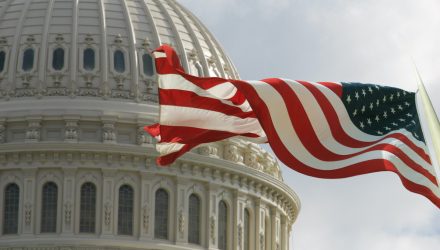Stocks gapped down again Sunday night, triggering another circuit breaker and trading halt in the futures markets, even after the Federal Reserve released new guidelines to keep markets working fluidly. Investors and traders are now awaiting lawmakers to come to a consensus on an economic stimulus and rescue plan to mitigate the effects of the coronavirus contagion.
The major averages dropped into the Sunday trading session, spiking dramatically on a possible stimulus package being passed, before tanking after it failed. Equities tempered losses midday after Senate Minority Leader Chuck Schumer said he anticipates the Senate to reach a deal on a massive fiscal stimulus package, on Monday, but indices are still languishing near recent lows.
David Kostin, Chief U.S. Equity Strategist at Goldman Sachs, said the rate at which the market recovers will be determined by how rapidly the virus is contained, whether businesses will have ” access to enough capital and liquidity to last the 90 to 180 days,” and whether fiscal stimulus can balance growth forecasts.
“If short-term shutdowns lead to business defaults, closures, and permanent layoffs, the damage to corporate earnings growth could persist well after the virus is contained,” Kostin said in a note.
For more market trends, visit ETF Trends.
